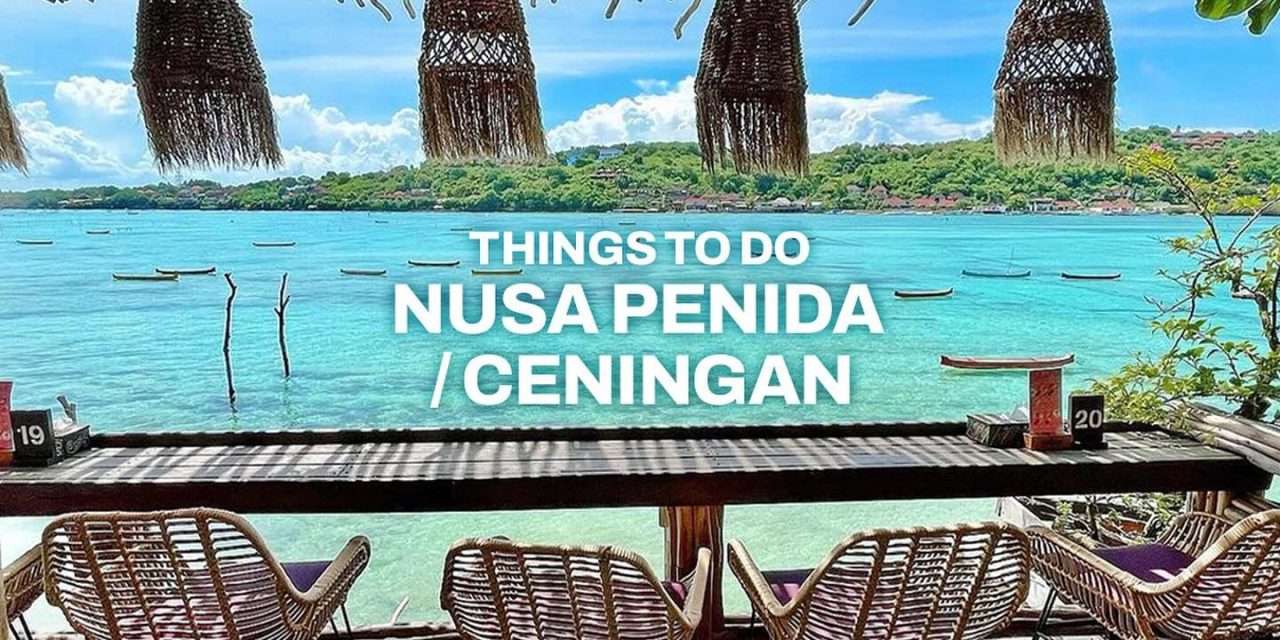Ah, Bali—a tropical paradise famous for its stunning beaches, vibrant culture, and yes, its incredible culinary experiences. If you’re like me, you believe that no fine dining experience is complete without a perfectly chosen glass of wine to elevate your meal. So, let’s dive into the enticing world of wine pairing at Bali’s finest dining establishments.
The Magic of Wine Pairing
When I first moved to Bali, I was overwhelmed by the rich flavors of Indonesian cuisine. From spicy rendang to fresh seafood, the local dishes are an explosion of tastes. Early on, I discovered that pairing the right wine with my meal could transform a good dinner into an unforgettable feast. Wine pairing isn’t just about choosing a drink; it’s about enhancing the overall dining experience.
A Personal Anecdote
On one memorable evening, I decided to treat myself to a dinner at one of Ubud’s acclaimed fine dining restaurants. I still remember my waiter recommending a crisp Sauvignon Blanc to accompany my grilled seafood platter. I was skeptical—wasn’t white wine only for lighter fare? But in that moment, I surrendered to the expert’s guidance. The wine brought out the zesty flavors of the lemon and the saltiness of the grilled fish, making every bite a revelation. This experience taught me that sometimes it’s best to let the experts guide your palate!
Understanding the Basics of Wine Pairing
To help you navigate the wine menu at Bali’s fine dining spots, let’s break down some fundamental principles of wine pairing.
1. Match Weight with Weight
Heavier dishes call for more robust wines, while lighter dishes pair better with delicate wines. For instance, if you’re indulging in a juicy beef tenderloin at a restaurant in Seminyak, a full-bodied Cabernet Sauvignon would be your best bet. On the other hand, if you opt for a light salad or a refreshing seafood dish, a Pinot Grigio would complement it beautifully.
2. Consider the Sauce
In many cases, it isn’t the main ingredient that dictates the wine pairing but the sauce. When visiting one of Bali’s enchanting fine dining locations, don’t just think about the main protein. If your duck comes with a rich cherry sauce, a fruity Merlot can harmonize perfectly with the dish’s flavors.
3. Balance Fat with Acidity
Rich, fatty dishes can benefit immensely from a wine that offers acidity. I remember dining at a luxurious restaurant in Nusa Dua where I paired a spicy nasi goreng, loaded with fried duck and avocado, with a vibrant Riesling. The acidity cut through the richness, creating a delightful balance that had me savoring every mouthful.
Unique Insights on Local Wine Selection
Bali isn’t just about imported wines from France or California; our island has a burgeoning local wine scene. The grapes grown in nearby wine regions like East Java are gaining recognition. Next time you find yourself dining at a fine restaurant in Bali, ask for a local Balinese or Indonesian wine. These wines often carry a unique storytelling aspect that enhances the overall dining experience.
One evening at a beachfront restaurant in Jimbaran, I ordered a local red blend. It was vibrant and full-bodied, with hints of tropical fruit that reflected its origins. Pairing it with grilled prawns seasoned with Balinese spices was a stroke of genius and left me reminiscing about the tropical paradise long after I finished my meal.
Practical Advice for Wine Pairing at Bali Restaurants
1. Ask for Recommendations: Don’t hesitate to ask your server for suggestions. They know the menu best and can guide you through the wine list to find a pairing that enhances both the food and the wine.
2. Taste Before You Commit: Many fine dining spots offer tastings. If you’re unsure about a wine, ask if you can sample it before making a decision. It’s a great way to ensure you’ll enjoy the pairing.
3. Be Adventurous: Don’t stick to what you know. Bali is about new experiences, and so is wine pairing! Try something different; you might be pleasantly surprised. I once ordered a dessert—a coconut panna cotta—paired with a sweet Tokaji. It was a match made in heaven.
4. Consider the Season: Many Bali restaurants rotate their wine selections seasonally. Using this information can help you explore unique pairings that are fresh and relevant—like a rosé during the hot summer months.
Conclusion
Wine pairing at Bali fine dining restaurants is an experience to cherish. It’s about exploration, enjoyment, and enhancing the flavors on your plate. With a little knowledge, some adventurous spirit, and a willingness to engage with your server, you can create memorable meals that tantalize your taste buds.So, the next time you find yourself in a Bali restaurant, take a deep breath, relax, and let the journey of wine and food unfold. Trust me; it will be a culinary adventure you won’t soon forget! Cheers to delectable experiences!






